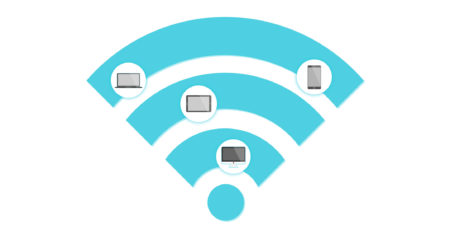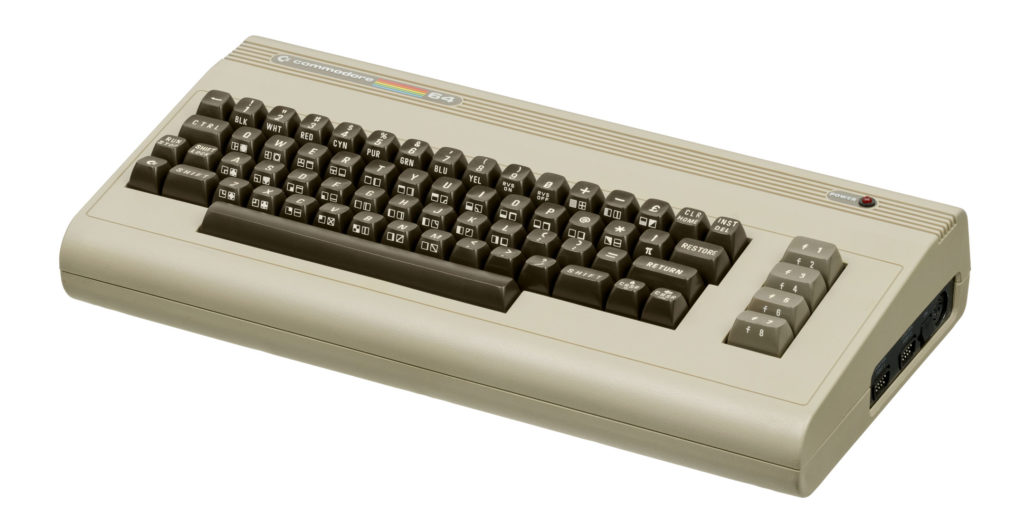
A new Kickstarter project from a team of Kenyans wanting to build a piece of communications hardware called BRCK has attracted more than 150 backers in its first two days, with funders contributing more than US$22 000 towards a goal of $125 000.
BRCK is the brainchild of Kenyan technology company Ushahidi. Ushahidi, which means “testimony” in Swahili, is a nonprofit company that focuses on developing free and open-source software for data collection, visualisation and interactive mapping. Now, with BRCK, the company has turned its attention to hardware.
Dubbed as a “backup generator to the Internet”, BRCK is a rectangular, rugged piece of hardware designed to keep users online, even when electricity or traditional connectivity is limited. The device supports Ethernet and cellular data and works as a Wi-Fi bridge and seamlessly switches between each of these modes as required.
The unit includes a power cable and a battery so that should the electricity supply fail it can automatically switch over to its battery, which is rated for eight hours of use.
Ushahidi executive director Juliana Rotich says BRCK was “born out of our frustration with trying to stay connected to the Internet with modems and routers that weren’t designed for situations where electricity and traditional Internet are not reliable”.
“We find most of this hardware to be too delicate to travel with and too complicated to take advantage of unless you’re a super user.”
Aside from robustness and the ability to connect to multiple networks, BRCK is also being punted as an easy-to-use device that can be accessed and managed remotely.
BRCK’s Kickstarter campaign, which started on Monday, runs until 4 June. Given its promising start, it looks like likely to reach, and more than likely breach, the target of raising $125 000 for its development.
Crowd-sourced
According to statistics from US-based Kickstarter’s website, last year 2,2m people pledged a total of $320m to projects, successfully funding 18 109 of them in the process. Of those, 17 projects raised in excess of $1m.
Fundamental to the Kickstarter crowd-sourced funding model is the offering of multiple tiers for backers, providing them with different perks — everything from the receiving the product being developed to a ticket to the movie being made with the money raised.
One of the most successful Kickstarter campaigns was the Pebble smart watch, which raised more than $10m between April and May last year, despite having set a goal of just $100 000.
Musician Amanda Palmer managed to raise just under $1,2m in 2012 to create a new album, while actor Zach Braff last month succeeded in passing his goal of $2m to make a new feature film — a follow-up to his directorial debut, Garden State — with more than half of the allotted fundraising month to go. — (c) 2013 NewsCentral Media




